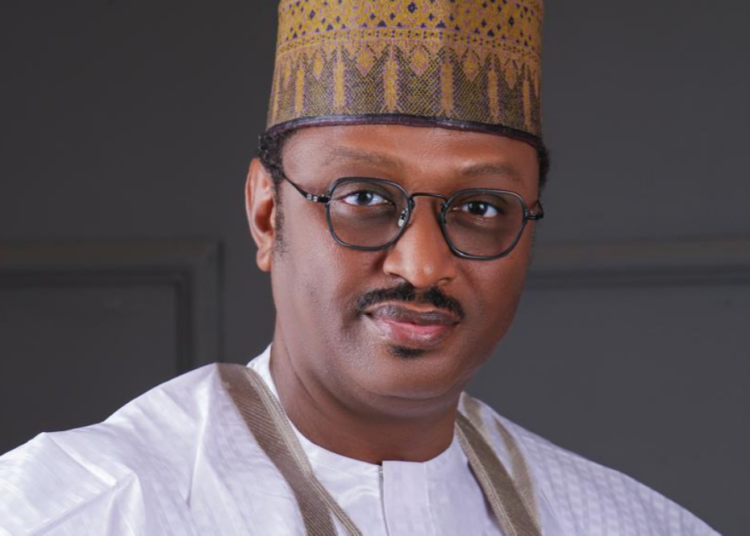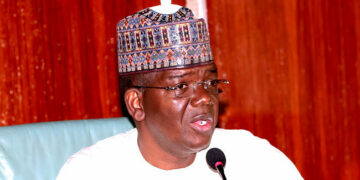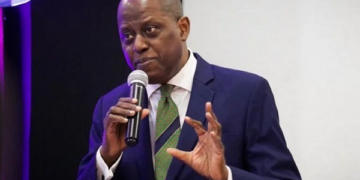The National Institute for Hospitality and Tourism (NIHOTOUR), under Nura Sani Kangiwa has been hailed for its remarkable transformation.
The Head, Research and Development Unit, NIHOTOUR, Joesef Karim, in a press statement said the Director General of NIHOTOUR has greatly turned the fortunes of the Institute for good.
According to him, NIHOTOUR is now the most visible and the leading tourism and hospitality agency of the Federal Government in Nigeria.
“In 4 years, from September 2020 to August 2024, the Management of NIHOTOUR, led by Nura Kangiwa, has significantly repositioned the Institute by implementing innovative tourism training regimes for the tourism industry’s capacity development.
“The Management also introduced tourist host community vocational skills acquisition programmes for indigent residents to make a living by providing local tourist services for visitors through niche tourism entrepreneurship.
“In the last for years, some of the headline achievements of the revived NIHOTOUR include upgrading and expansion of campuses, from 8 in 2020 to 12 by 2024; introduction of Gastronomy tourism studies and annual festival in Nigeria to facilitate better cultural tourism destinations; innovation and implementation of Sustainable Tourism Entrepreneurship Program, popularly called STEP, a hospitality trades and tourism skills transfer programmes targeting rural host communities.”
He added that the period also saw a sustained tourism and hospitality train-the-trainer programmes for local instructors across Nigeria’s six-geopolitical zones; the awakening of Nigeria food tourism through hosting of elaborate ‘NaijaFoods’ at public and private sector events to share knowledge of the country’s cuisines competitiveness, amongst others.
He further said the DG has established a formidable Management team that has in 4 years transformed an obscure tourism training centre to a national and internationally recognised hospitality and tourism enterprise education citadel in West Africa.
Constituency projects typically refer to specific development projects or initiatives undertaken by elected representatives (mainly members of the National Assembly) to address the needs of their constituents. These projects are often funded through the public budget and are intended to benefit the local community within a particular electoral district or constituency. They can vary widely in scope and nature, ranging from infrastructure development (such as road construction, solar streetlights, bridges, schools, hospitals) to social welfare programs (such as healthcare services, education support, poverty alleviation initiatives). The specific projects chosen by representatives often reflect the priorities and demands of the communities they serve.
The determination and allocation of Constituency Projects are the responsibility of the National Assembly and the Executives. In most cases, allocation of Constituency Projects to MDAs are done without recourse or inputs from any of the executing agencies where the projects are domiciled. Since inception, in the Obasanjo era, most MDAs in Nigeria receive such Constituency Projects in their annual budgets.
As an agency of the Federal Government, NIHOTOUR’s obligation is to ensure compliance with the Appropriation Act by supervising the implementation of constituency projects while strictly adhering to rules and guidelines of the Procurement Act in conjunction with Government approved contractors and external consultants who are specialists in particular Constituency Projects.





